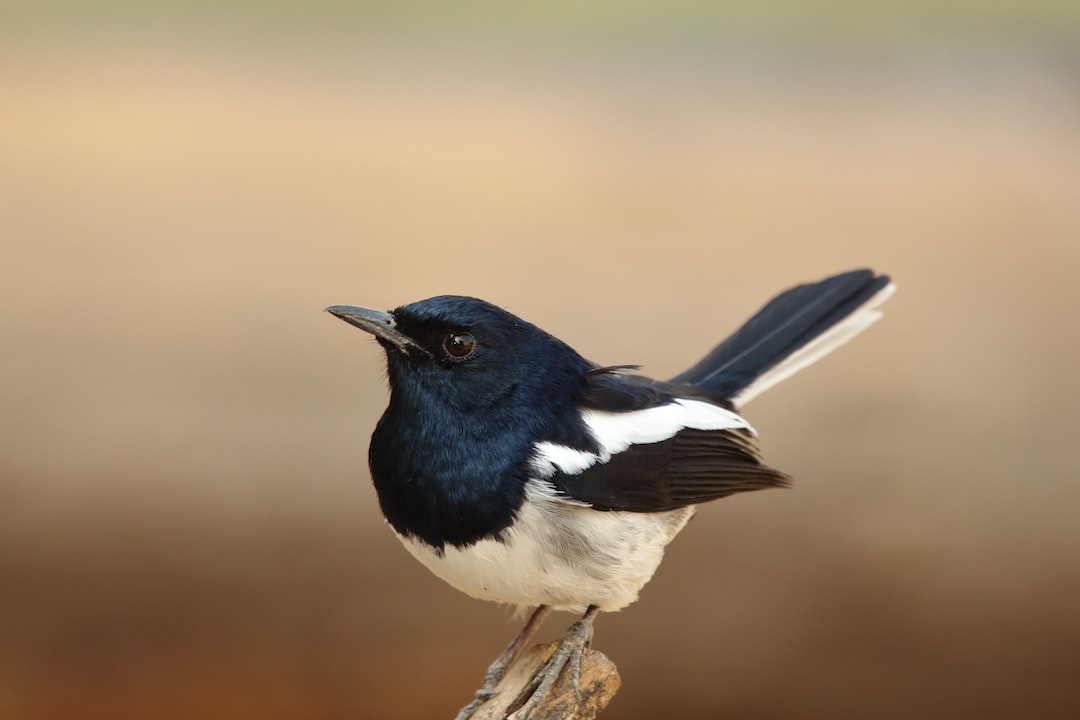The Impact of Plastic Pollution on Marine Animals: Addressing an Urgent Issue
Plastic pollution has become one of the most pressing environmental issues of our time, especially when it comes to its impact on marine animals. The devastating effects of plastic waste in our oceans have become increasingly apparent, with millions of marine animals suffering and dying as a result. It is crucial that we address this urgent issue before it causes irreparable damage to our fragile marine ecosystem.
Plastic pollution in the ocean poses a significant threat to marine animals due to its non-biodegradable nature. It is estimated that around 8 million metric tons of plastic enter the oceans each year, and this number continues to rise. Marine animals, such as sea turtles, seals, dolphins, and seabirds, often mistake plastic debris for food and ingest it. This can lead to severe health issues, including internal injuries, digestion problems, and malnutrition, ultimately resulting in their death.
One of the most heartbreaking examples of this is with sea turtles. These magnificent creatures, who have roamed our oceans for millions of years, often mistake plastic bags for jellyfish, one of their favorite prey. The ingestion of plastic can cause blockages in their digestive system, leading to starvation, suffocation, and even drowning. Research has shown that approximately half of all sea turtles worldwide have ingested plastic.
Another group of marine animals greatly affected by plastic pollution are seabirds. These beautiful creatures often mistake small plastic particles, known as microplastics, for fish eggs or other prey items. Consequently, their stomachs become filled with plastic, leaving no space for real food. This starvation, coupled with the release of toxic chemicals from the plastics, wreaks havoc on their health and reproductive abilities. Studies have found that around 90% of seabirds have consumed plastic at some point in their lives.
Aside from ingestion, marine animals also face entanglement in discarded fishing nets and other plastic debris, which can lead to injuries, amputations, and even death. Dolphins, seals, and whales are often found trapped in nets, unable to swim, feed, or breathe properly. Once entangled, they become vulnerable to predation or can die from exhaustion. The global ghost fishing problem, whereby abandoned nets continue to catch and kill marine animals, adds another layer of danger to their survival.
Plastic pollution not only impacts individual animals, but it also negatively affects entire ecosystems. Corals, for example, often become entangled in plastic debris, limiting their growth and smothering them. As coral reefs provide a vital habitat for countless marine species, their decline has severe consequences for the overall health and biodiversity of our oceans.
Addressing plastic pollution requires a multi-faceted approach that encompasses education, legislation, and sustainable practices. Firstly, we need to raise awareness about plastic pollution and its devastating consequences. By educating people about reducing single-use plastic consumption, recycling, and proper waste management, we can start shifting behaviors and attitudes.
Legislation is another crucial aspect of combating plastic pollution. Governments and organizations should implement stricter regulations on the production, use, and disposal of plastics. This could involve banning single-use plastics, implementing deposit return schemes, and promoting alternative materials that are more sustainable and eco-friendly.
Finally, we must support and promote sustainable practices in both our personal lives and industrial processes. This means actively choosing reusable alternatives to single-use plastics, supporting businesses that prioritize sustainable practices, and pressuring industries to adopt greener alternatives.
The impact of plastic pollution on marine animals is an urgent issue that cannot be ignored. By acting collectively to reduce plastic waste and promote sustainable practices, we can protect and restore our oceans, ensuring the survival of these remarkable creatures for generations to come. The time to act is now, before it’s too late.

